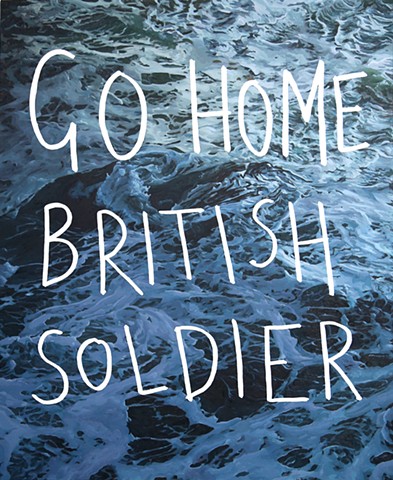Misc
On my mother’s side, my Bugis ancestors were exiled from Sulawesi in 1668, before settling near the west coast of the Malay peninsula in a place called Linggi. Since then generations of my family have waged wars with the Dutch, the Portuguese and the British. On my paternal side in 1815, an ancestor called Charles Blinman was caught in London stealing two stamps and a watch chain and was transported to the penal colony in Australia. In many ways my family lineage was forged by aggressive European colonial expansion, and I as a descendant of these lineages am a by-product of that. As a Muslim growing up in Australia, I felt an ongoing, accumulative sense of alienation and otherness that was compounded by the events of 9/11 and the subsequent invasions of Iraq and Afghanistan. As I grew and discovered the work of Franz Fanon, Albert Memmi, bell hooks, Noami Klein, Judith Butler, Noam Chomsky and Karen Armstrong, I better understood our history. I understood the cycles of violence that were foreshadowed by the projection of criminality and monstrosity on innocent bodies, to justify the unjust seizure of land, resources and labour. I understood the colonial project and what it had done in The middle East, Asia, the Pacific, Africa and the Americas. I learned about the anti-colonial and self-determination struggles, and how they were recontextualised and domesticated by Cold War politics. The world opened up to me. I listened to a podcast about Kurdish resistance fighters listening and singing along to Italian anti-fascist songs from World War 2 and Irish Rebel Anthems. They played the Wolf Tones’ ‘Go on home, British soldiers’, and it made sense.
